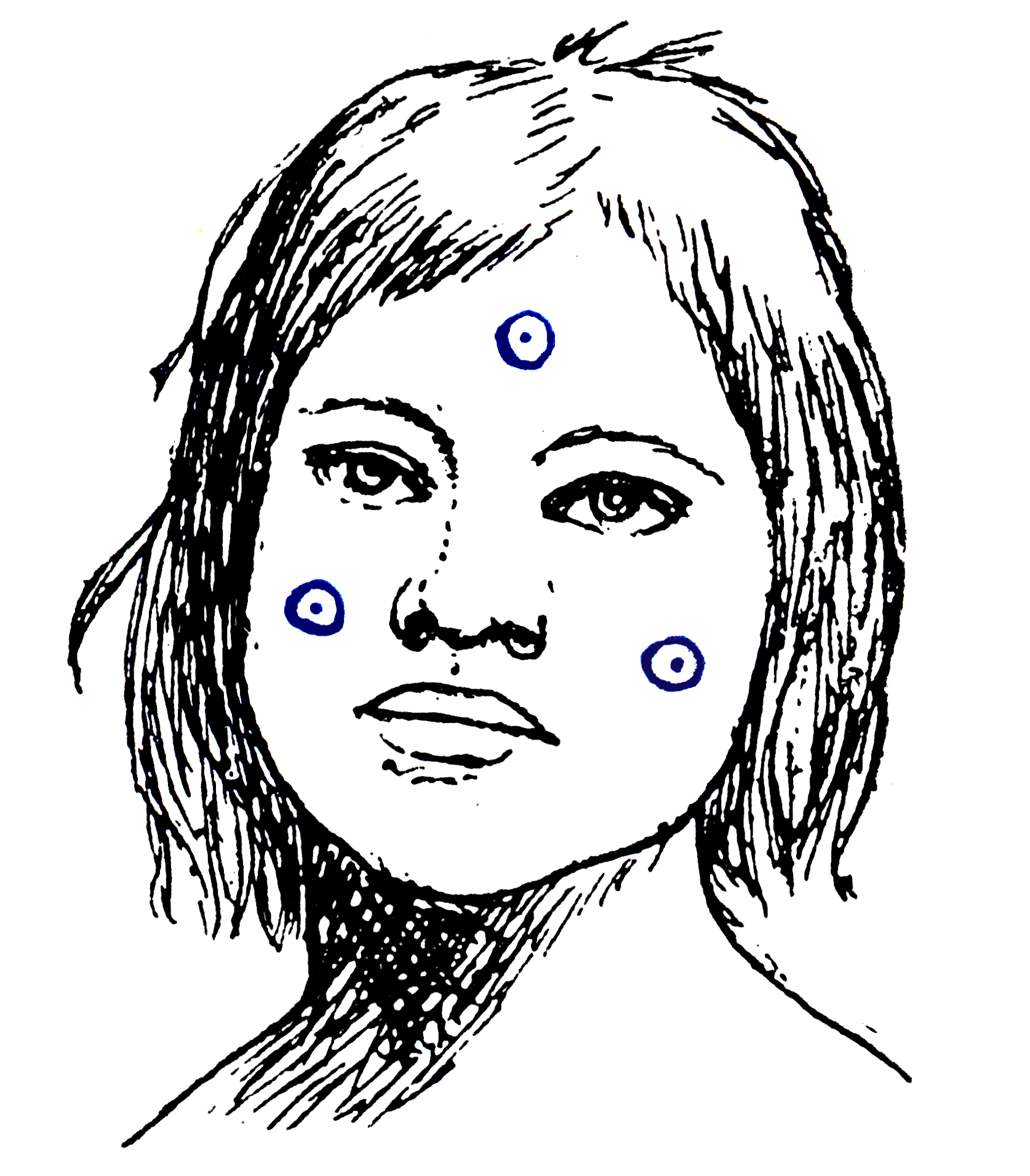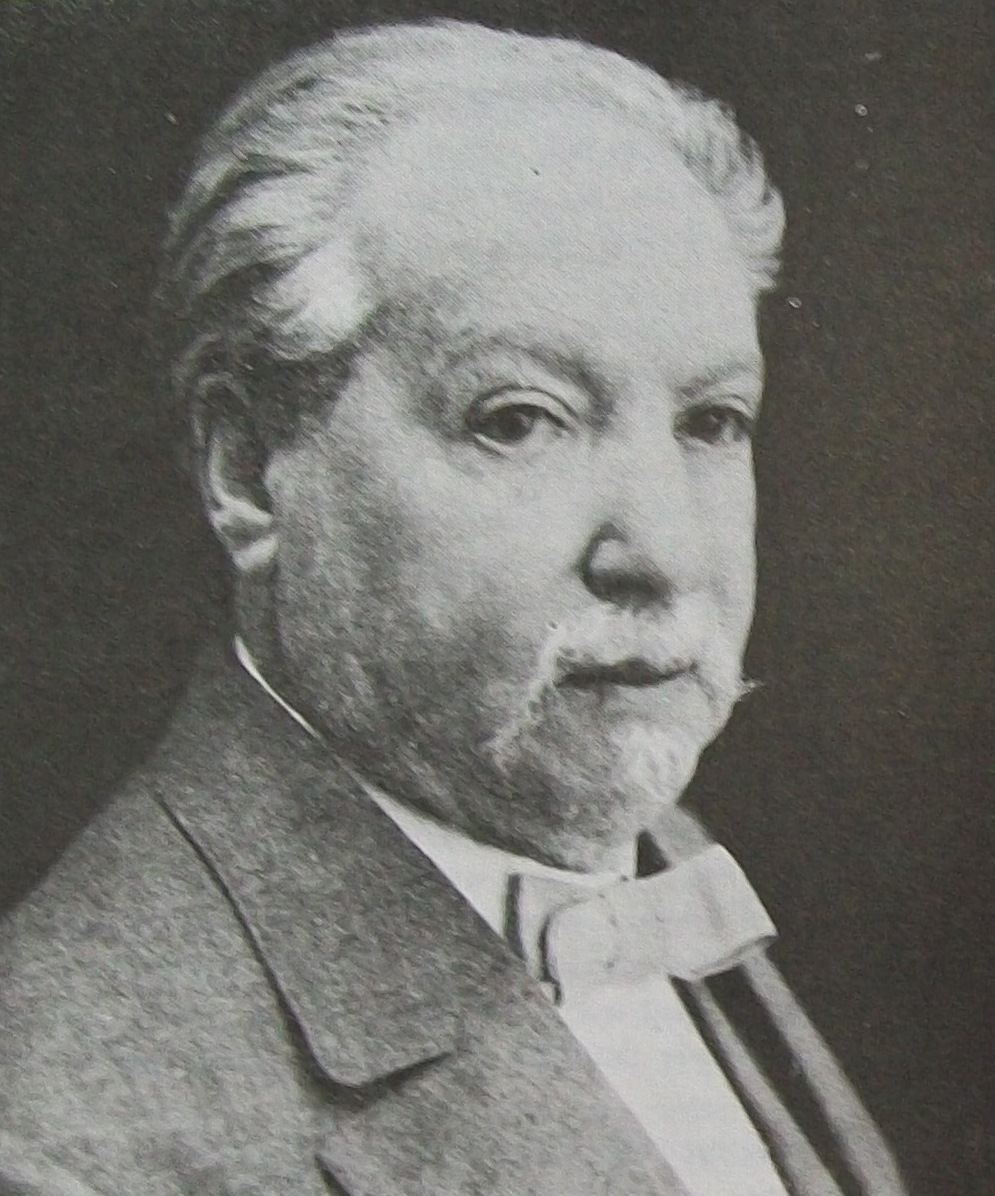|
Emilce Sosa
Emilce "Mimi" Sosa (born 11 September 1987) is an Argentine volleyball player who represents Argentina in international competition. She participated with the Argentina national team at the Pan-American Volleyball Cup (in 2010, 2011, 2012, 2013, 2014, 2015, 2016), the FIVB Volleyball World Grand Prix (in 2011, 2012, 2013, 2014, 2015, 2016), the FIVB Volleyball Women's World Cup (in 2011, 2015), the 2014 FIVB Volleyball Women's World Championship in Italy, 2018 FIVB Volleyball Women's World Championship, the 2015 Pan American Games in Canada, and the 2016 Summer Olympics in Brazil. At club level, she played for Olimpico Freyre, Instituto de Córdoba, Boca Juniors, CSM București, Ştiinţa Bacău and Rio do Sul before moving to Esporte Clube Pinheiros in 2016. Personal life A Quechua descendant, Sosa was born in Ibarreta, a settlement in the Formosa Province (North east Argentina), during her first years, she lived in the nearby city of Las Lomitas. At the time her mother ... [...More Info...] [...Related Items...] OR: [Wikipedia] [Google] [Baidu] |
Ibarreta
Ibarreta is a settlement in northern Argentina. It is located in Formosa Province. {{coord, 25, 13, S, 59, 51, W, display=title, region:AR_type:city_source:GNS-enwiki Populated places in Formosa Province Cities in Argentina Argentina Formosa Province ... [...More Info...] [...Related Items...] OR: [Wikipedia] [Google] [Baidu] |
2014 FIVB Volleyball World Grand Prix
The 2014 FIVB Volleyball World Grand Prix was the 22nd edition of the annual women's international volleyball tournament played by 28 countries from 25 July to 24 August 2014. The Group 1 final round was held in Tokyo, Japan. The Brazilian star team won the tournament for the tenth time, the second consecutive victory. Qualification *No qualification tournament. *28 teams are invited. Qualified teams Format *It will be the first time the World Grand Prix will feature 28 teams. *During the Intercontinental Round, Pools A to O will play matches in three stand-alone tournaments, for a total of 9 matches per team. Pool P to S will feature two stand-alone tournaments, for a total of 6 matches per team. *Six teams will qualify for the World Grand Prix Finals featuring the top four teams from all matches, plus the winner of the Final Four of Group 2 and the hosts (if the hosts are one of the top four teams, then the fifth top team also participates). *The last ranked team of Group 1 ... [...More Info...] [...Related Items...] OR: [Wikipedia] [Google] [Baidu] |
Wichí
The Wichí are an indigenous people of South America. They are a large group of tribes ranging about the headwaters of the Bermejo River and the Pilcomayo River, in Argentina and Bolivia. Notes on designation This ethnic group was named by the English settlers and is still widely known as Mataco. The etymology of the term is obscure but in several sources, it is cited that the Wichí find the term derogatory. Among the group exists a folk etymology for this term, which relates it to the Spanish verb ''matar'', to kill. Thus their preferred name, their own word for themselves, is Wichí, pronounced , and their language, ''Wichí Lhamtés'' . There is a pronunciation variant in some areas of Bolivia, , where the self-denomination of the group is Weenhayek wichi, translated by Alvarsson (1988) as "''the different people''" (pl. ''Weenhayey''). Weenhayey informers of Alvarsson state that the old name was Olhamelh (), meaning simply ''us''. The subgroups within Wichí have been ide ... [...More Info...] [...Related Items...] OR: [Wikipedia] [Google] [Baidu] |
Las Lomitas
Las Lomitas is a city in northern Argentina. It is located in the Patiño Department in the center of Formosa Province. It has a population of 12,399 inhabitants as of the . This represented a 20% increase in the population compared to the which only had 10,354 inhabitants. It is served by Alférez Armando Rodríguez Airport. Climate Las Lomitas has a humid subtropical climate (Köppen climate classification The Köppen climate classification is one of the most widely used climate classification systems. It was first published by German-Russian climatologist Wladimir Köppen (1846–1940) in 1884, with several later modifications by Köppen, notabl ... ''Cwa''), similar to other areas in the Chaco region. It is the warmest city in Argentina, with an annual mean temperature of . Winters are characterized with mild to warm temperatures during the day and cool nights and are dry. In the coldest month, June, the average high is while the average low is . Temperatures can o ... [...More Info...] [...Related Items...] OR: [Wikipedia] [Google] [Baidu] |
Formosa Province
Formosa Province () is a province in northeastern Argentina, part of the Gran Chaco Region. Formosa's northeast end touches Asunción, Paraguay, and the province borders the provinces of Chaco and Salta to its south and west, respectively. The capital is Formosa. Source of the provincial name The name of the city (and the province) comes from the archaic Spanish word ''fermosa'' (currently ''hermosa'') meaning "beautiful". The name ''Vuelta Fermosa'' or ''Vuelta la Formosa'' was used by Spanish sailors in the 16th century to describe the area where the Paraguay River makes a turn, right in front of the actual city. These sailors were searching for the legendary Sierra del Plata. History Native inhabitants of these lands include the Pilagás, Wichis and Tobas, whose languages are still spoken in the province. Sebastian Cabot and Diego García de Moguer first explored the area at the beginning of the 16th century trying to find a route from Viceroyalty of Peru to ... [...More Info...] [...Related Items...] OR: [Wikipedia] [Google] [Baidu] |
Quechua People
Quechua people (, ; ) or Quichua people, may refer to any of the aboriginal people of South America who speak the Quechua languages, which originated among the Indigenous people of Peru. Although most Quechua speakers are native to Peru, there are some significant populations in Ecuador, Bolivia, Chile, Colombia, and Argentina. The most common Quechua dialect is Southern Quechua. The Kichwa people of Ecuador speak the Kichwa dialect; in Colombia, the Inga people speak Inga Kichwa. The Quechua word for a Quechua speaker is ''runa'' or ''nuna'' ("person"); the plural is ''runakuna'' or ''nunakuna'' ("people"). "Quechua speakers call themselves Runa -- simply translated, 'the people.'" Some historical Quechua people are: * The Chanka people, who lived in the Huancavelica, Ayacucho, and Apurímac regions of Peru. * The Huanca people of the Junín Region of Peru, who spoke Quechua before the Incas did. * The Inca, who established the largest empire of the pre-Columbi ... [...More Info...] [...Related Items...] OR: [Wikipedia] [Google] [Baidu] |
2016 Summer Olympics
The 2016 Summer Olympics ( pt, Jogos Olímpicos de Verão de 2016), officially the Games of the XXXI Olympiad ( pt, Jogos da XXXI Olimpíada) and also known as Rio 2016, was an international multi-sport event held from 5 to 21 August 2016 in Rio de Janeiro, Brazil, with preliminary events in some sports beginning on 3 August. Rio de Janeiro was announced as the host city at the 121st IOC Session in Copenhagen, Denmark, on 2 October 2009. 11,238 athletes from 207 nations took part in the 2016 Games, including first-time entrants Kosovo at the 2016 Summer Olympics, Kosovo, South Sudan at the 2016 Summer Olympics, South Sudan, and the Refugee Olympic Team at the 2016 Summer Olympics, Refugee Olympic Team. With 306 sets of medals, the Games featured 28 Olympic sports, including rugby sevens and golf, which were added to the Olympic program in 2009. These sporting events took place at 33 venues in the host city and at five separate venues in the Brazilian cities of ... [...More Info...] [...Related Items...] OR: [Wikipedia] [Google] [Baidu] |
2018 FIVB Volleyball Women's World Championship
The 2018 FIVB Women's World Championship was the eighteenth edition of the event, contested by the senior women's national teams of the members of the ' (FIVB), the sport's global governing body. The final tournament was held in Japan from 29 September to 20 October 2018. The final four was held at the Yokohama Arena in Yokohama. Serbia won their first world title, defeating Italy in five sets at the final. This was the first all-European final in the Women's World Championship history and the first final since 1990 that not featured a team from the Americas. Reigning olympic champions China won the third place match, defeating Netherlands in straight sets. For the first time since the 1974 Championship in Mexico, no team from the Americas reached the final four. Tijana Bošković from Serbia was elected the MVP. Host selection On 25 August 2014, FIVB announced that the tournament would be held in Japan for the third time in twelve years and the fifth time overall. The tourn ... [...More Info...] [...Related Items...] OR: [Wikipedia] [Google] [Baidu] |
2014 FIVB Volleyball Women's World Championship
Fourteen or 14 may refer to: * 14 (number), the natural number following 13 and preceding 15 * one of the years 14 BC, AD 14, 1914, 2014 Music * 14th (band), a British electronic music duo * ''14'' (David Garrett album), 2013 *''14'', an unreleased album by Charli XCX * "14" (song), 2007, from ''Courage'' by Paula Cole Other uses * ''Fourteen'' (film), a 2019 American film directed by Dan Sallitt * ''Fourteen'' (play), a 1919 play by Alice Gerstenberg * ''Fourteen'' (manga), a 1990 manga series by Kazuo Umezu * ''14'' (novel), a 2013 science fiction novel by Peter Clines * ''The 14'', a 1973 British drama film directed by David Hemmings * Fourteen, West Virginia, United States, an unincorporated community * Lot Fourteen, redevelopment site in Adelaide, South Australia, previously occupied by the Royal Adelaide Hospital * "The Fourteen", a nickname for NASA Astronaut Group 3 * Fourteen Words, a phrase used by white supremacists and Nazis See also * 1/4 (other) * F ... [...More Info...] [...Related Items...] OR: [Wikipedia] [Google] [Baidu] |
2015 FIVB Volleyball Women's World Cup
The 2015 FIVB Volleyball Women's World Cup, FIVB Women's World Cup was held from August 22 to September 6 in Japan. The tournament was a qualification process for the Volleyball at the 2016 Summer Olympics – Women's tournament, 2016 Summer Olympics in Rio de Janeiro, Brazil. The top two ranked teams, China women's national volleyball team, China and Serbia women's national volleyball team, Serbia, qualified for the Olympics, and joined Brazil women's national volleyball team, Brazil as they had already secured a berth as the host country. Information The FIVB Volleyball World Cup began with signing a contract between Fédération Internationale de Volleyball (FIVB) and Japan Volleyball Association (JVA) for hosting the tournament on 31 January 2013. In this event, Fuji TV had the right to broadcast the tournament. Moreover, the FIVB released the qualification process of the tournament: # Host country # 2014 World champions # 2 teams per Continental confederation considered by Wo ... [...More Info...] [...Related Items...] OR: [Wikipedia] [Google] [Baidu] |
2011 FIVB Volleyball Women's World Cup
The 2011 FIVB Women's World Cup was played from 4 to 18 November 2011 in Japan. The tournament was the first step in the qualification process for the 2012 Summer Olympics in London, United Kingdom. The top three teams qualified for the Olympics, and joined Great Britain as they had already secured a berth as the host country. Qualification 12 teams participated in the World Cup: * The host nation's team. * The five champions of their respective continental championships in 2011. * Four highest-ranked second-place teams of their respective continental championships in 2011 (according to the FIVB World Ranking as of January 15, 2011). * Two wild cards chosen from among the participants of the continental championships in 2011. FIVB World Ranking for second-place teams (as of January 15, 2011) Squads Venues Format The competition system of the 2011 World Cup for Women is the single Round-Robin system. Each team played once against each of the 11 remaining teams. Poin ... [...More Info...] [...Related Items...] OR: [Wikipedia] [Google] [Baidu] |
FIVB Volleyball Women's World Cup
The FIVB Volleyball Women's World Cup is an international volleyball competition contested by the senior women's national teams of the members of ' (FIVB), the sport's global governing body. Initially the tournament was played in the year following the Olympic Games, but since 1991 the World Cup has been awarded in the year preceding the Olympic Games. The current champion is China, which won its fifth title at the 2019 tournament. The current format of the competition involves 12 teams, including the automatically qualifying host nation Japan, competing in the tournament phase for the title at venues within the host nation over a period of about two weeks. The World Cup (with exception of the 2019 edition) acts as the first qualification event for the following year's Olympic Games with the top two teams qualifying. The 13 World Cup tournaments have been won by five different national teams. China have won five times. The other World Cup winners are Cuba, with four titles; I ... [...More Info...] [...Related Items...] OR: [Wikipedia] [Google] [Baidu] |



